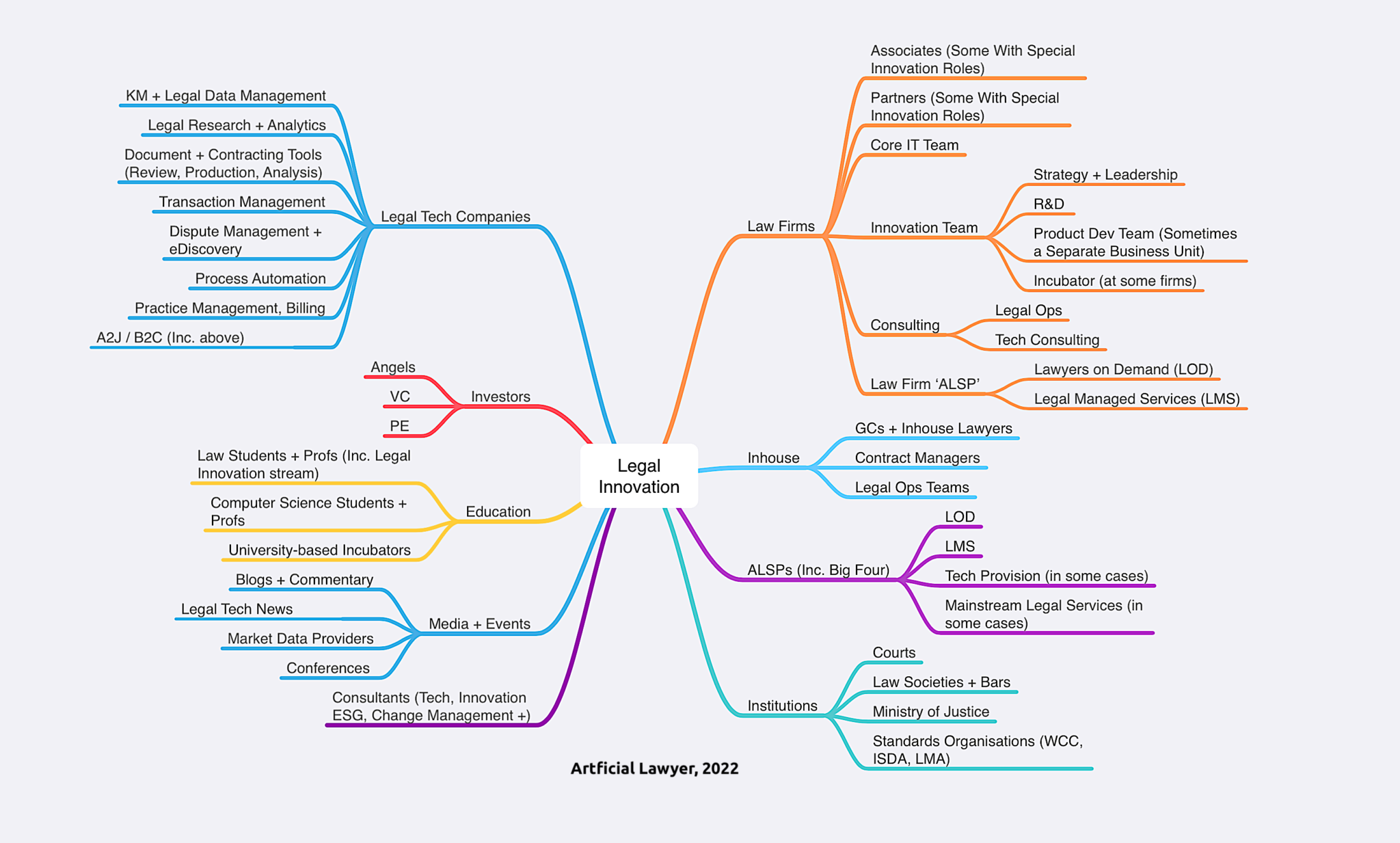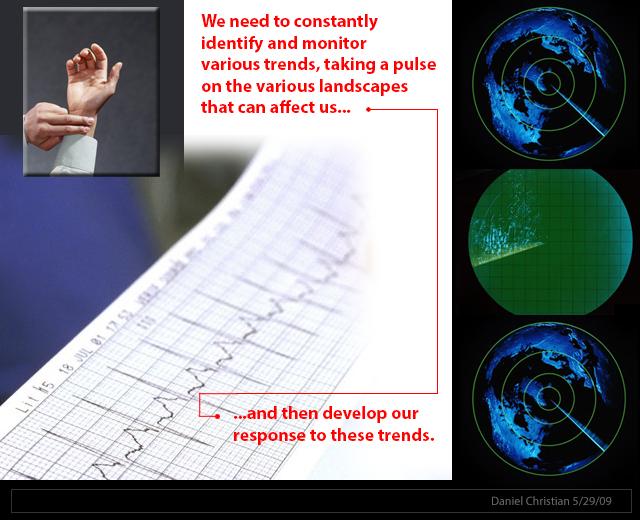Yale and Harvard’s Law Schools Are Ditching the ‘U.S. News’ Rankings. Will Others Follow? — from chronicle.com by Francie Diep
Excerpt:
Yale Law School — long ranked No. 1 by U.S. News & World Report — is quitting the magazine’s rankings, it announced Wednesday. Hours after that announcement, which was first reported by The Wall Street Journal, Harvard Law School said it would do the same.
“U.S. News stands in the way of progress for legal education and the profession,” said Heather Gerken, Yale Law School’s dean. “It’s made it harder for law schools to admit and support low-income students, and it’s undermining efforts to launch a generation to serve. Now is the time to take a step.”
Also related/see:
- Berkeley joins Harvard and Yale boycott of U.S. News law school rankings — from news.yahoo.com by Karen Sloan
- Harvard and Yale law schools ditch U.S. News & World Report’s rankings: “Profoundly flawed” — from cbsnews.com by Aimee Picchi
- Dean Gerken: Why Yale Law School Is Leaving the U.S. News & World Report Rankings — from law.yale.edu
- More law schools reject U.S. News list, but publication pledges to keep ranking ‘regardless of whether schools agree’ — from highereddive.com by Rick Seltzer
Some other legal-related items include:
Excerpt:
IAALS, the Institute for the Advancement of the American Legal System at the University of Denver, announced today that it released its new Allied Legal Professionals landscape report, along with an accompanying online Knowledge Center. With generous support from the Sturm Family Foundation, this project seeks to help standardize a new tier of legal professionals nationally, with the goal of increasing the options for accessible and affordable legal help for the public.
“Today, the majority of Americans are faced with a very serious access to justice problem—not only low-income populations, as many people believe. And the pandemic has only made matters worse in recent years,” says Jim Sandman, chair of IAALS’ board of advisors and President Emeritus of the Legal Services Corporation. “For example, studies show that around 40–60% of the middle class have legal needs that remain unmet. Simply put: people want legal help, and they are not getting the help they need.”
Legal Innovators: An Ecosystem of Change Agents! — from artificiallawyer.com

The expanding role of technology in the law firm business model (338) — from legalevolution.org by Kenneth Jones
Legal technology is slowly becoming core to the legal business. It’s time to commit to a cross-functional team approach.
Excerpt:
The premise of this post is that individual capabilities and excellence (either legal or technical) standing alone are not enough to ensure long-term, sustainable success. No superstar technologist or lawyer is equipped to do it all, as there are too many specialties and functional roles which need to be filled. Rather, a better approach is to construct team-based, cross-functional units that offer greater operational efficiency while building in layers of redundancy that reduce the potential for surprises, errors, or disruption. Cf Post 323 (Patrick McKenna’s “rules of engagement” for high-performing legal teams).











/cloudfront-us-east-2.images.arcpublishing.com/reuters/VC6OEOGOOFDENO7BIW6JR6RGBU.jpg)


/2022/08/22/image/png/wSxqwE19L3sKdFwuPdKfsfzJ5ixmzUJWXJ8Ox6Ir.png)
